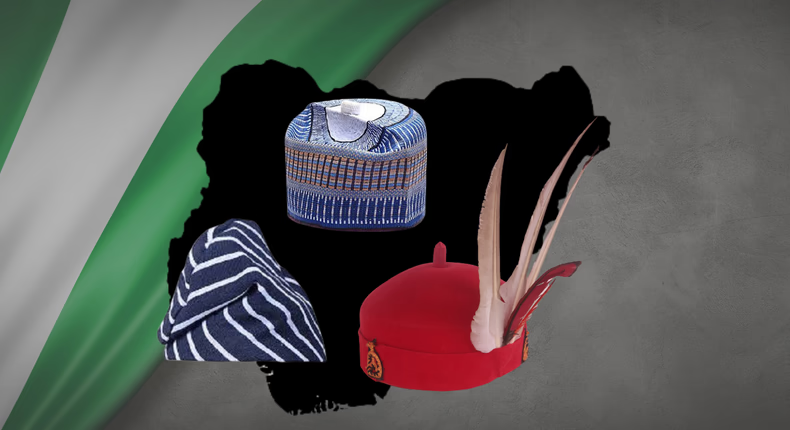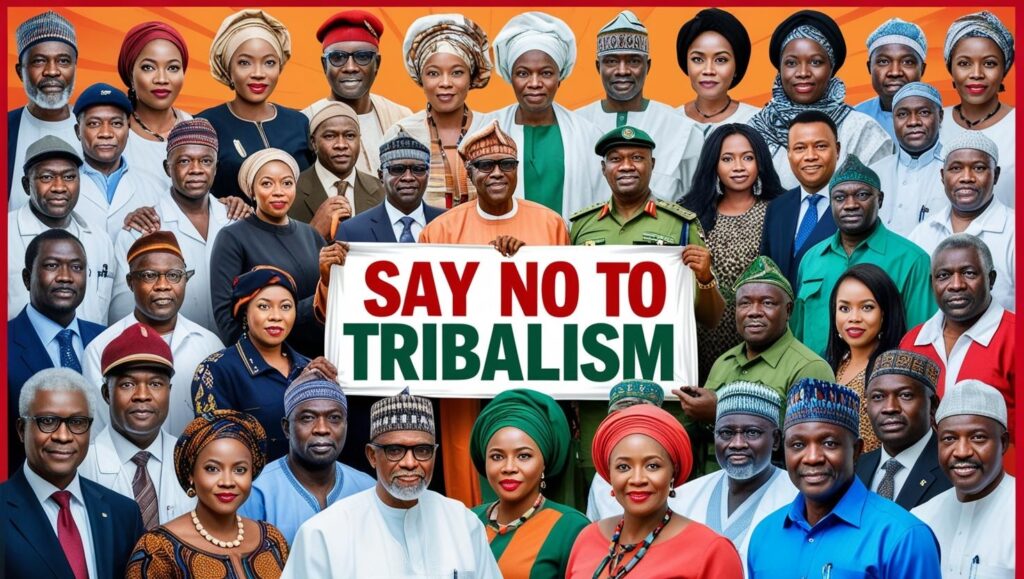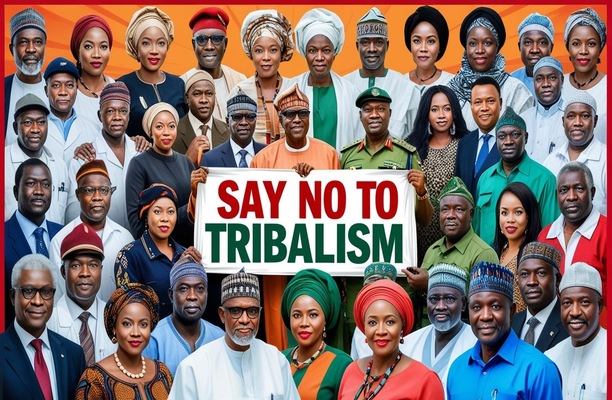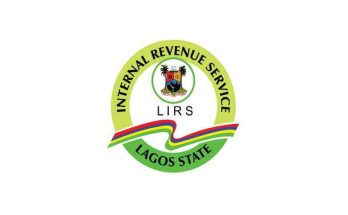By Sunkanmi Adewunmi, Toochi Ejiofor, Chiagoziem Abosi, and Belinda Nzeribe
Nigeria’s long-standing Yoruba-Igbo tensions, rooted in cultural, political, and social divides, have found a new battleground, social media. Platforms like X (formerly Twitter), Facebook, and Instagram now serve as spaces for both meaningful dialogue and divisive conflict. While social media promotes free expression, it also amplifies tribal prejudices. The 2023 Nigerian elections exemplified this, as political discourse online was marred by ethnic loyalty rather than candidate qualifications. But is social media truly fueling tribal divisions, or is it merely exposing what has always been there? To explore this, IkejaBird conducted a survey with 104 Nigerians aged 16 to 55 to gauge perceptions of social media’s role in Yoruba-Igbo tensions.
Of the respondents, 52.9% identified as Yoruba, 29.8% as Igbo, and 17.3% as belonging to other tribes. A striking 70.1% agreed that social media was increasing tribal tensions, with 41.3% strongly agreeing. This suggests that social media, with its minimal consequences for harmful speech, has become a breeding ground for tribal prejudice and unchecked stereotyping.
One Igbo respondent, a 28-year-old, bluntly stated, “Yorubas are too saucy online.” A Yoruba participant countered, “Igbos are always abusing Yorubas because of politics.” These statements reflect how deeply emotions run in online spaces. Once confined to hushed offline discussions, these sentiments now play out on a grand scale, fuelled by the anonymity and reach of social media.
However, despite the online hostility, 66.3% of respondents said their real-world views on other tribes remained unchanged, suggesting that many see social media as a place for debate rather than a genuine reflection of society’s divisions.

To gain deeper insight, we spoke to five Nigerians about their experiences with tribal discourse online. Their perspectives varied, highlighting the complexity of the issue.
“It’s just cruise” – Adebayo, 27, Tech Professional (Yoruba, Lagos)
Adebayo dismisses online tribal clashes as mere banter. “People take things too seriously. Most of these Twitter gbas gbos are jokes. I have Igbo friends, and we tease each other, but no one gets offended. Some just don’t know how to joke anymore.”
“Social media is dividing us” – Adaobi, 32, Business Woman (Igbo, Ketu)
Adaobi sees a real problem. “Yorubas and Igbos used to do business peacefully. Now, the insults on Facebook and Twitter make people hate each other without even meeting. It’s creating unnecessary animosity.”
“Tribalism has always existed, social media just exposes it” – Emeka, 40, Lecturer (Igbo, Ikeja)
For Emeka, social media is not the root cause but a magnifier. “This tension started long ago. Before, newspapers and radio controlled the narrative. Now, everyone has a microphone. It’s not worse, just more visible.”
“Not everything is a fight” – Funmi, 24, Student (Yoruba, Yaba)
Funmi believes social media exaggerates tensions. “Some people overreact. We’ll always have disagreements, but that doesn’t mean we can’t coexist. My Igbo roommate is my best friend, and we don’t see these issues in real life.”
“We have to be careful” – Chinwe, 35, Nurse (Igbo, Surulere)
Chinwe warns against underestimating online hate speech. “Today, it’s just jokes, but tomorrow it could turn serious. Some posts I see online scare me. If we’re not careful, words will translate to real-life violence.”

Social Media’s Role: A Reflection of Larger Issues?
A deeper issue emerged from the survey: many believe tribal conflicts online stem from Nigeria’s broader societal problems. “This tribal thing is a Nigerian issue,” said a 20-year-old Igbo respondent. “You don’t see social media tribal feuds in Japan, Canada, or Rwanda. If the Nigerian system is not addressed constitutionally, there won’t be a solution.”
Despite these challenges, there is hope. The survey revealed that many respondents believe the solution to tribal conflicts on social media lies in education, dialogue, and stricter platform regulations. “We are one country before fighting about tribes,” said a Yoruba participant, echoing a sentiment that increasingly resonates with younger Nigerians.
Promoting inter-tribal dialogue is another key solution. “It starts with the mindset,” said one respondent. “If individuals make conscious efforts to erase tribalism and see their fellow Nigerians as one, then social media tribal conflicts will drastically reduce.” A 19-year-old Igbo respondent encapsulated this shift: “We should remember that we are all Nigerians before we are anything else.”
Content moderation on many social media platforms has shifted to community notes. Digital companies are passing the responsibility to users. This leaves loopholes for misinformation and hateful messaging to prosper. Tribal prejudices are deeply rooted in our way of life, and since people will be people, it is left for decision makers to manage our relations for peaceful coexistence. The political and social stability of our regions cannot be left to unreliable community notes. The nation can institute internal controls to moderate tribal hate on social media to ensure safety in the real world. Free speech can be encouraged without sacrificing social stability.









